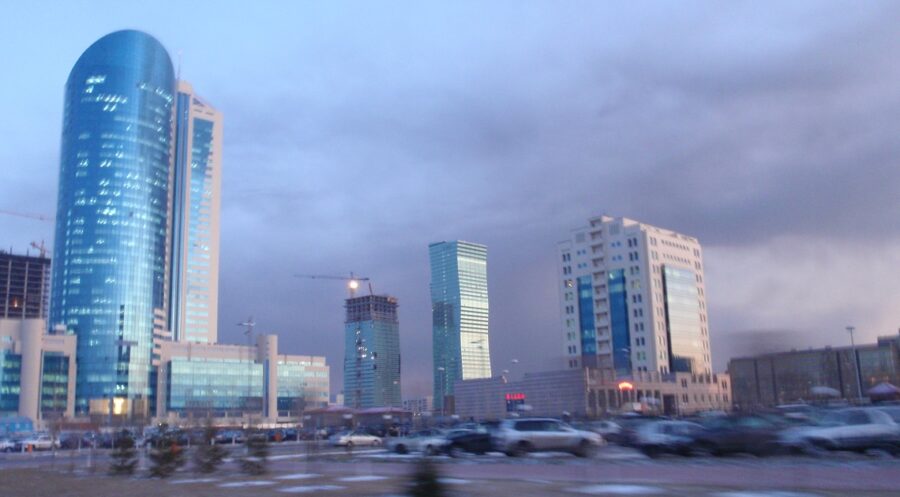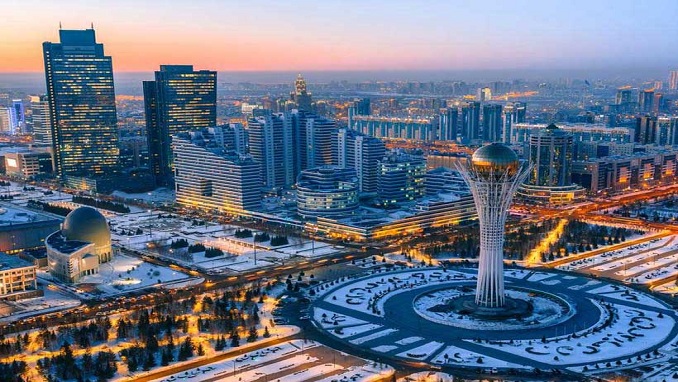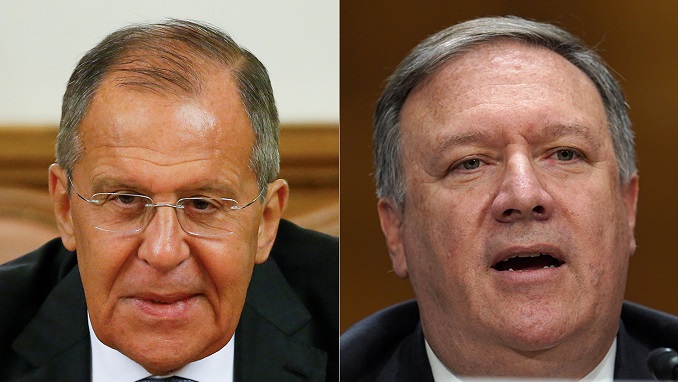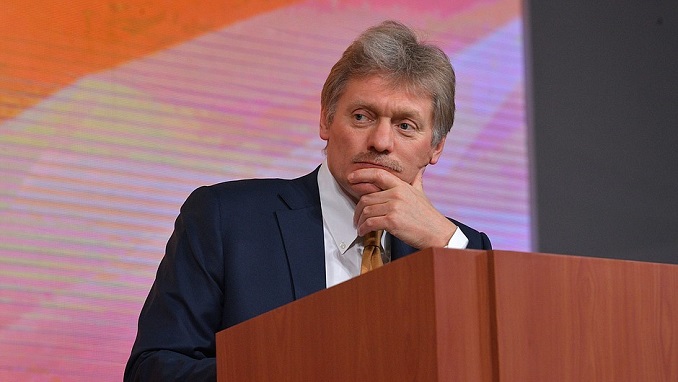On October 5, Kazakhstan retaliated against Russia after the Ukrainian ambassador to Astana was called for a dressing-down over belligerent, anti-Russian remarks, Eurasianet reports.
The diplomatic deadlock has highlighted the embarrassing cracks that the Russian invasion of Ukraine continues to cause among once-close friends.
Kazakhstan has struggled to maintain as much neutrality as possible, refraining from overtly condemning the conflict but frequently reasserting its support for the territorial integrity of Ukraine. In response, Moscow has made an effort to sway Astana, most notably by bringing up contentious interethnic issues.
Pyotr Vrublevsky, the ambassador of Ukraine to Kazakhstan, provided Moscow with the perfect opportunity to stir up trouble in late August when he declared in an interview with a Kazakh videoblogger that the goal of Ukrainian soldiers was to “kill as many Russians as possible.”
Within a day, Vrublevsky was called in for a meeting with the deputy foreign minister of Kazakhstan, Yermukhambet Konuspayev, who gave him a letter of protest for making statements that were “incompatible with the actions of the ambassador of a foreign state.”
Vrublevsky was also denounced by the parastatal Assembly of the Peoples of Kazakhstan, an organization created to promote interethnic cooperation, in a statement on August 23.
This was insufficient to stop the Russian outrage wave. Some social media critics targeted Kazakhstan, accusing it of failing to act in the spirit of allyship suggested by its membership in the Collective Security Treaty Organization, which is governed by Moscow.
A mutual defense clause in the CSTO charter was activated by President Kassym-Jomart Tokayev when political upheaval rocked Kazakhstan in early January. Many in Russia contend that Astana has not expressed its thanks for Moscow’s prompt action.
At the time, Maria Zakharova, a spokeswoman for the Russian foreign ministry, also weighed in on the debate, calling Vrublevsky’s comments “further evidence of the terroristic, anti-human core of the Kyiv administration.”



